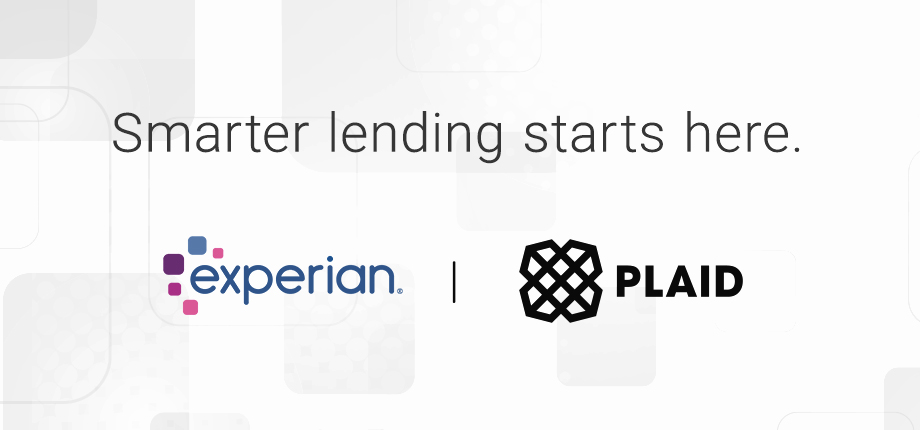With the news from the Federal Reserve that joblessness is not declining, and in fact is growing, a number of consumers are going to face newly difficult times and be further challenged to meet their credit obligations. Thinking about how this might impact the already struggling mortgage market, I’ve been considering what the impact of joblessness is on the incidence of strategic default and the resulting risk management issues for lenders. Using the definitions from our previous studies on strategic default, I think it’s quite clear that increased joblessness will definitely increase the number of ‘cash-flow managers’ and ‘distressed borrowers’, as newly jobless consumers face reduced income and struggle to pay their bills. But, will a loss of income also mean that people become more likely to strategically default? By definition, the answer is no – a strategic defaulter has the capacity to pay, but chooses not to, mostly due to their equity position in the home. But, I can’t help but consider a consumer who is 20% underwater, but making payments when employed, deciding that the same 20% that used to be acceptable to bear, is now illogical and will simply choose to stop payment? Although only a short-term fix, since they can use far less of their savings by simply ceasing to pay their mortgage, this would free up significant cash (or savings) for paying car loans, credit cards, college loans, etc; and yet, this practice would maintain the profile of a strategic defaulter.
While it’s impossible to predict the true impact of joblessness, I would submit that beyond assessing credit risk, lenders need to consider that the definition of strategic default may contain a number of unique, and certainly evolving consumer risk segments.
__________________________
http://money.cnn.com/2010/08/19/news/economy/initial_claims/index.htm


